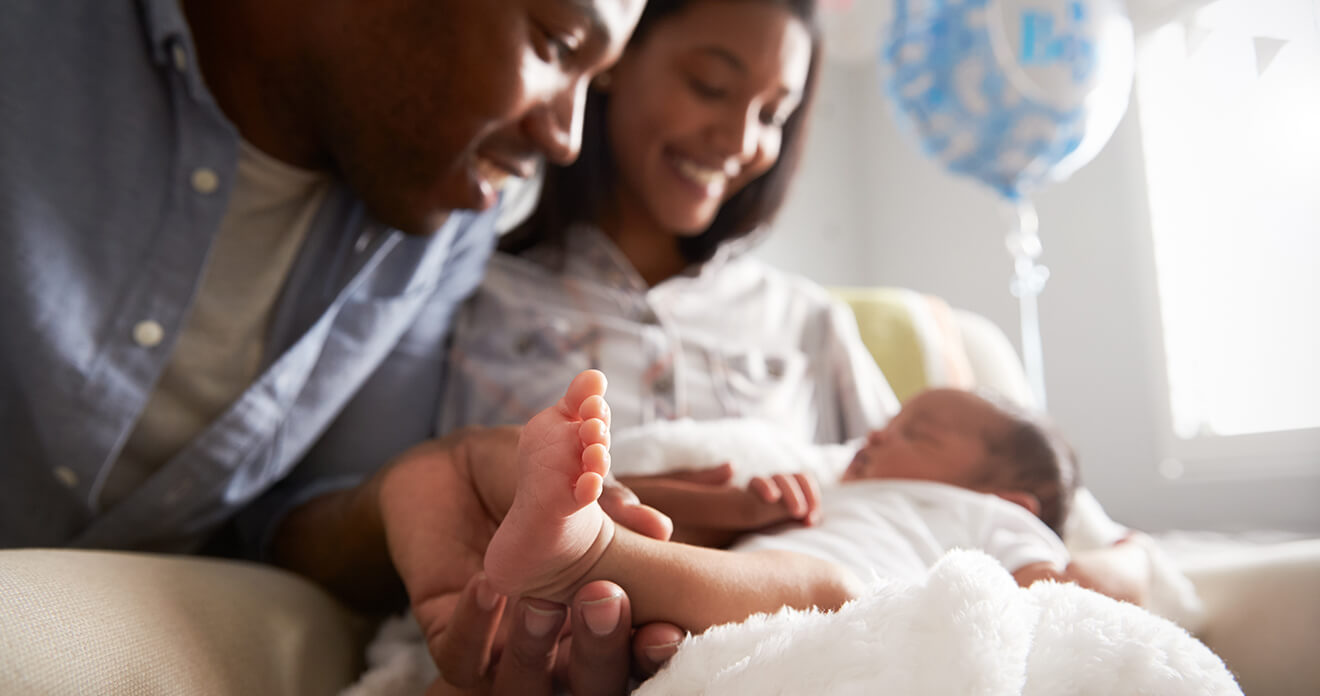The Pregnancy and Family Leave bill: A step closer to becoming law?

On 3 February, the Protection from Redundancy (Pregnancy and Family Leave) Bill passed successfully through the House of Commons, moving one step closer to becoming law.
What does the Bill do?
Under the current law, employers are obliged to offer suitable vacancies to employees on maternity leave, shared parental leave or adoption leave during a redundancy exercise. It does not currently extend the protection to pregnant employees prior to starting maternity leave, nor after their return to work from their relevant leave.
The new legislation gives the Business Secretary powers to make regulations to extend this protection to include pregnant employees as well as new parents returning to work from a relevant form of leave.
Protection would begin from the moment an employee tells their employer they are pregnant until 6 months after their return from maternity or other relevant leave. This means that a mother who takes 12 months’ maternity leave would be protected from the date she informed her employer of pregnancy and for 18 months from when her maternity leave started.
Why do we need it?
When introducing the Bill last year, Labour MP Dan Jarvis remarked that he had been taken aback when he realised the level of maternity discrimination faced by women.
According to a study by the Equality and Human Rights Commission, an estimated 54,000 women a year feeling they have to leave their jobs due to pregnancy or maternity discrimination.
In October last year, a former part time employee of Morrisons was awarded £60,000 at tribunal after being asked to fulfil the responsibilities of a full-time workers when she returned from maternity leave.
Clearly, the current laws are simply not adequate.
How can it help?
The new Bill recognises that the period surrounding maternity leave is fraught with risk for women and their families at a time when they most need job security. It will help shield new parents and expectant mothers from workplace discrimination, offering them greater job security at an important time in their lives.
The measures will be beneficial to businesses, helping to improve relations with employees and reducing a source of conflict that can be costly and time consuming.
What are the potential limitations?
Workplace equality charity, Pregnant Then Screwed, noted that only 1% of women who face maternity or pregnancy discrimination raise a tribunal claim. This is more than likely because making a claim can be complicated and costly, and subject to a strict three-month time limit. These issues will not be resolved by the Bill, albeit that increasing the three month time limit to 6 months is regularly debated.
A number of complex issues also still need to be addressed, such as whether women who miscarry before informing their employer of their pregnancy are covered or what happens if an employee wants to add annual leave to their maternity, adoption or shared parental leave.
What comes next?
The Bill forms part of the government’s efforts to ensure more people stay in work and keep more of their pay packet, particularly in the context of global risings costs. It comes at a time when there are more employees on payrolls than ever before, with unemployment at an all-time low.
The Bill is now being debated in the House of Lords and we await updates on its progression.







